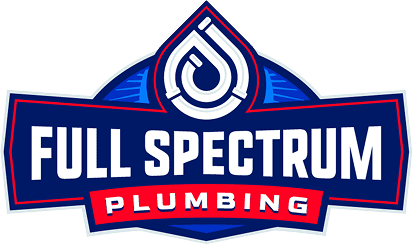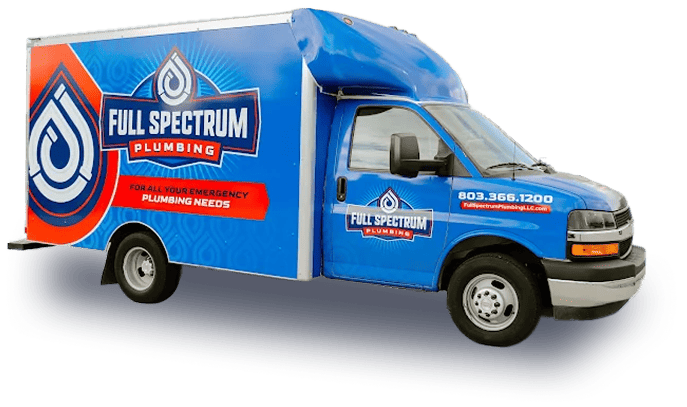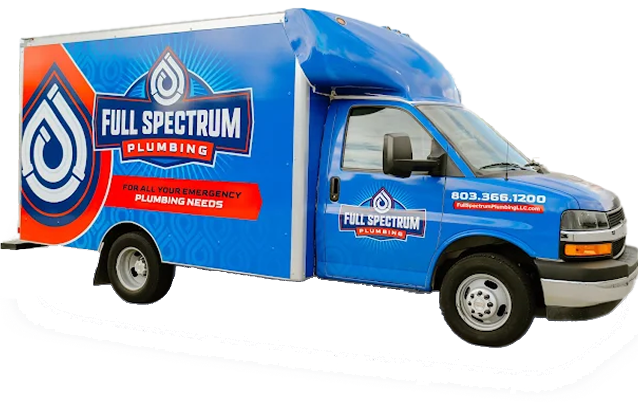Proudly Serving Rock Hill and Surrounding Areas
Sewer Line Repairs and Environmental Compliance: Navigating Local Regulations
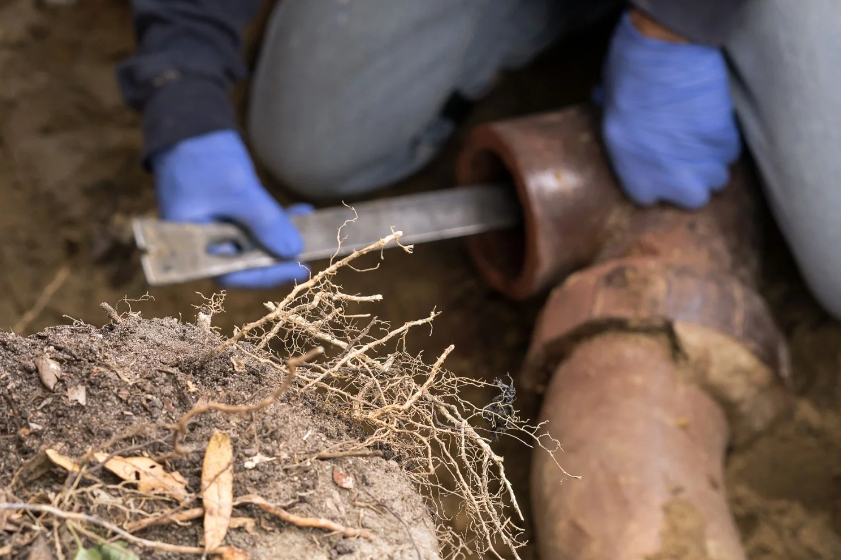
Sewer line repairs are an essential part of maintaining the infrastructure that keeps cities running smoothly. Whether it’s replacing old pipes or addressing leaks, sewer line repairs are often necessary to prevent contamination, health hazards, and service disruptions. However, these repairs don’t happen in a vacuum. In urban areas, they come with a significant responsibility to comply with environmental regulations that protect public health and the environment.
How Do Sewer Line Repairs Impact Environmental Compliance In Urban Areas?
Urban areas face unique challenges when it comes to sewer line repairs. With densely populated communities, an intricate web of underground utilities, and a high demand for constant maintenance, these repairs need to be handled carefully to avoid environmental damage.
Sewer lines, as vital components of waste management systems, are designed to carry wastewater away from homes and businesses to treatment facilities. However, repairing or replacing them improperly can lead to environmental issues, including water contamination, soil erosion, and disruption to local ecosystems.
Here’s how sewer line repairs impact environmental compliance in urban areas:
- Contamination of Water Sources: One of the most significant risks associated with sewer line repairs is the potential for wastewater leaks or spills. If a sewer line is compromised and leaks into nearby waterways, it can contaminate local water sources. This can lead to harmful consequences for the environment, wildlife, and human health. For example, if sewage spills into rivers or lakes, it can pollute drinking water, kill aquatic life, and lead to the spread of waterborne diseases.
- Disruption of Local Ecosystems: In urban areas, sewer lines are often located near sensitive areas like wetlands, rivers, or wildlife habitats. Sewer line repairs that fail to comply with environmental regulations can disrupt these delicate ecosystems. The excavation process required for sewer line repairs can damage soil and vegetation, leading to erosion, habitat loss, and contamination.
- Soil and Groundwater Contamination: In addition to water contamination, improperly conducted sewer line repairs can lead to soil and groundwater contamination. Excavating near sewer lines can cause leaks in underground pipes that allow wastewater to seep into the soil. Over time, this can result in toxic substances spreading through the ground, contaminating nearby groundwater supplies that may be used for irrigation or drinking.
- Waste Disposal and Pollution: During repairs, contractors may need to dispose of debris and old materials, such as broken pipes or contaminated soil. How this waste is managed plays a significant role in environmental compliance. If waste materials aren’t disposed of properly, they can contribute to pollution, further harming the environment.
What are the Common Local Regulations Governing Sewer Line Repairs?
Local regulations play a crucial role in ensuring that sewer line repairs are completed safely, efficiently, and with minimal environmental impact. These regulations vary depending on the city or region, but there are a few common rules and guidelines that are typically followed in most urban areas:
- Public Health and Safety Codes: Local governments have strict public health codes that require sewer systems to be built, maintained, and repaired in ways that prevent contamination of water sources and public health risks. This includes ensuring that sewer lines are properly sealed and that any repair work is done without risking spills or exposure to hazardous waste.
- Wastewater Treatment Standards: Regulations set by local authorities often require that wastewater from repairs be properly treated before being released into the environment. This means that any water that has come into contact with wastewater, sewage, or other contaminated materials must be treated to remove harmful bacteria and chemicals before it’s disposed of.
- Stormwater Management Regulations: Sewer line repairs can sometimes affect the management of stormwater runoff, particularly if excavation work disrupts the ground or leads to pooling of rainwater in construction areas. Many municipalities have stormwater management regulations that mandate the proper handling of runoff water to prevent contamination of nearby water sources.
- Construction and Excavation Standards: Local regulations often require contractors to adhere to construction and excavation standards to minimize disruptions to the environment. These include using proper barriers to prevent erosion, safely storing materials, and ensuring that any waste generated during the repair process is disposed of in an environmentally responsible way.
- Noise and Air Pollution Control: Many cities have regulations in place to control noise and air pollution during construction projects, including sewer line repairs. These regulations require the use of quiet equipment, dust suppression techniques, and limited work hours to minimize the impact of sewer line repairs on local communities.
- Endangered Species Protection: In areas where sewer line repairs are located near protected or endangered species habitats, special regulations may apply. Repair work may be restricted or delayed until environmental assessments are conducted to ensure that the project will not negatively impact local wildlife.
Why is It Important To Follow Environmental Laws During Sewer Line Repairs?
Following environmental laws during sewer line repairs is not just a legal obligation—it’s a moral and practical responsibility. Ignoring these laws can have severe consequences, not just for the environment but for communities, businesses, and homeowners who rely on clean water, healthy ecosystems, and safe living conditions. Here are a few reasons why following environmental laws is essential:
- Protection of Public Health: Sewer lines carry wastewater, including sewage, chemicals, and other harmful substances. If repairs are done improperly or environmental regulations are ignored, the public can be exposed to these hazardous materials. Contaminated water supplies can lead to the spread of disease, while improperly handled waste can create toxic environments. Following regulations ensures that sewer repairs don’t compromise public health.
- Sustaining Local Ecosystems: Proper sewer line repairs help protect local ecosystems, including waterways, wetlands, and wildlife habitats. Disruptions to these ecosystems can result in the loss of biodiversity, destruction of habitats, and long-term environmental degradation. By adhering to environmental laws, contractors and homeowners help preserve the health and balance of these ecosystems.
- Minimizing Liability and Costs: Failing to follow environmental regulations can lead to significant liability for both contractors and homeowners. In addition to the financial costs of fines and legal action, there’s the potential for damage to reputation, public trust, and future business opportunities. Properly managing sewer line repairs ensures compliance and minimizes the risks associated with environmental damage.
- Environmental Sustainability: Sewer line repairs that meet environmental standards contribute to the long-term sustainability of urban areas. Proper waste disposal, water treatment, and soil management ensure that the environment can recover and thrive after repairs are made. This sustainable approach is essential for maintaining the livability of cities for future generations.
What Permits are Typically Required For Sewer Line Repairs to Meet Compliance Standards?
When performing sewer line repairs, contractors must obtain various permits to ensure that the work complies with local environmental regulations. These permits are designed to oversee the repair process, monitor potential environmental impacts, and ensure that the work adheres to all safety and public health standards. Here are some common permits required for sewer line repairs:
- Excavation and Construction Permits: Excavation and construction permits are often required to ensure that the repair work does not disrupt public areas, damage other utilities, or endanger the surrounding environment. These permits typically require contractors to submit plans detailing the scope of the repair work, the materials used, and how the site will be managed during the construction process.
- Wastewater Discharge Permits: If the repair process involves wastewater discharge (such as from a dewatering operation or water used in cleaning pipes), a wastewater discharge permit may be required. This ensures that the wastewater is treated and disposed of in a manner that complies with local water quality standards.
- Stormwater Management Permits: If sewer line repairs affect the drainage or runoff patterns in the area, a stormwater management permit may be required. This permit ensures that the contractor has a plan in place to manage rainwater and prevent flooding or water pollution during the repair process.
- Environmental Impact Assessments (EIA): In certain situations, especially when working near protected areas or endangered species habitats, an environmental impact assessment (EIA) may be required. This evaluation assesses the potential risks of the sewer line repairs on the surrounding environment and provides mitigation strategies to minimize negative impacts.
- Noise and Dust Control Permits: Local governments often require contractors to obtain noise and dust control permits, particularly in residential or environmentally sensitive areas. These permits outline the measures contractors will take to minimize noise pollution and dust during the repair process.
- Endangered Species Permits: If the sewer line repairs are in an area that could potentially affect endangered species or their habitats, an endangered species permit may be required. This ensures that the repair work does not endanger wildlife or disrupt their habitats in violation of local or federal laws.
Sewer line repairs are critical to maintaining urban infrastructure and protecting public health, but they must be conducted with care and in accordance with environmental regulations. From preventing contamination to preserving local ecosystems, adhering to environmental laws during sewer line repairs is essential to ensuring that these repairs benefit the community without causing lasting harm.
By understanding the regulations, obtaining the necessary permits, and following best practices, contractors and homeowners alike can ensure that sewer line repairs are performed safely, efficiently, and in compliance with environmental standards.
Why Full Spectrum Plumbing Services is Your Trusted Partner for Sewer Line Repairs and Environmental Compliance
At Full Spectrum Plumbing Services, we are committed to providing reliable and environmentally responsible sewer line repair solutions. Our experienced team ensures that all repairs are done in full compliance with local regulations, minimizing environmental impact and protecting public health. From obtaining necessary permits to managing wastewater disposal and stormwater runoff, we handle every aspect of the repair process.
Affordable Sewer Line Repairs with Full Spectrum Plumbing Services: Get Your Home Back on Track
At Full Spectrum Plumbing Services, we offer competitive pricing for all sewer line repair services without compromising on quality or compliance with local environmental regulations. Our transparent pricing ensures you know exactly what you’re paying for, with no hidden fees. We work efficiently to minimize disruption and provide long-lasting solutions that protect your home and the environment.
Don’t wait for sewer line issues to escalate—contact us today for a free consultation and get your repairs done right the first time. Call us now and let us handle the hard work for you!
Recent Posts
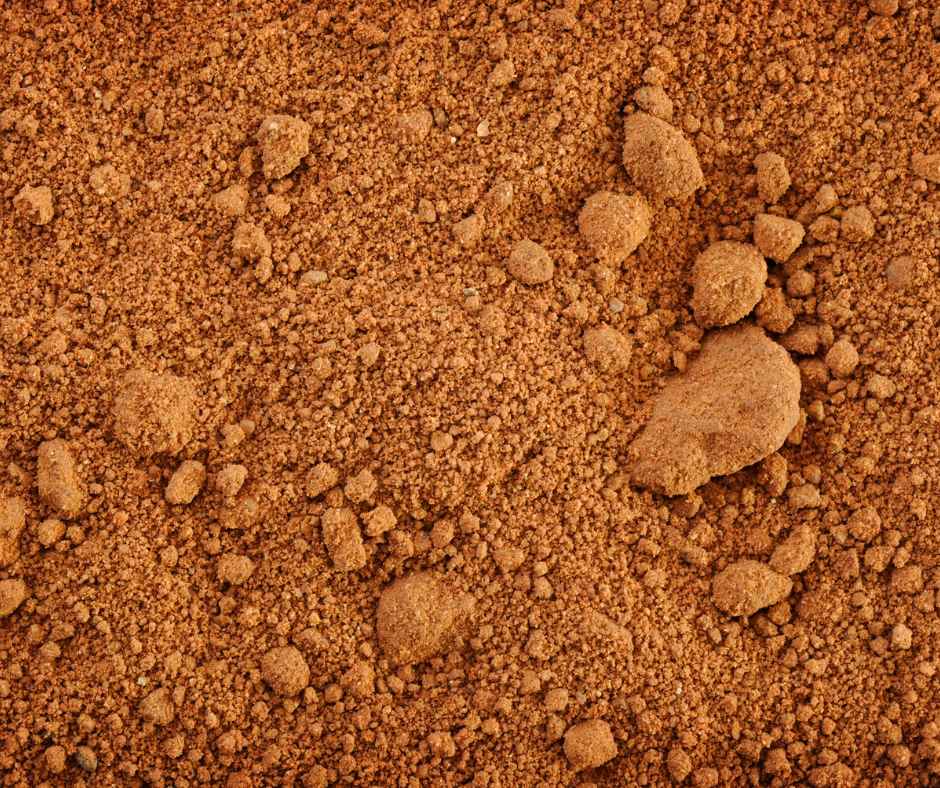
The Hidden Effects of Carolina Clay Soil on Your Sewer Line

Common Plumbing Problems Charlotte Homeowners Face Each Year

How Charlotte NC Residents Can Protect Their Homes From Winter Pipe Damage
Have a Question?
